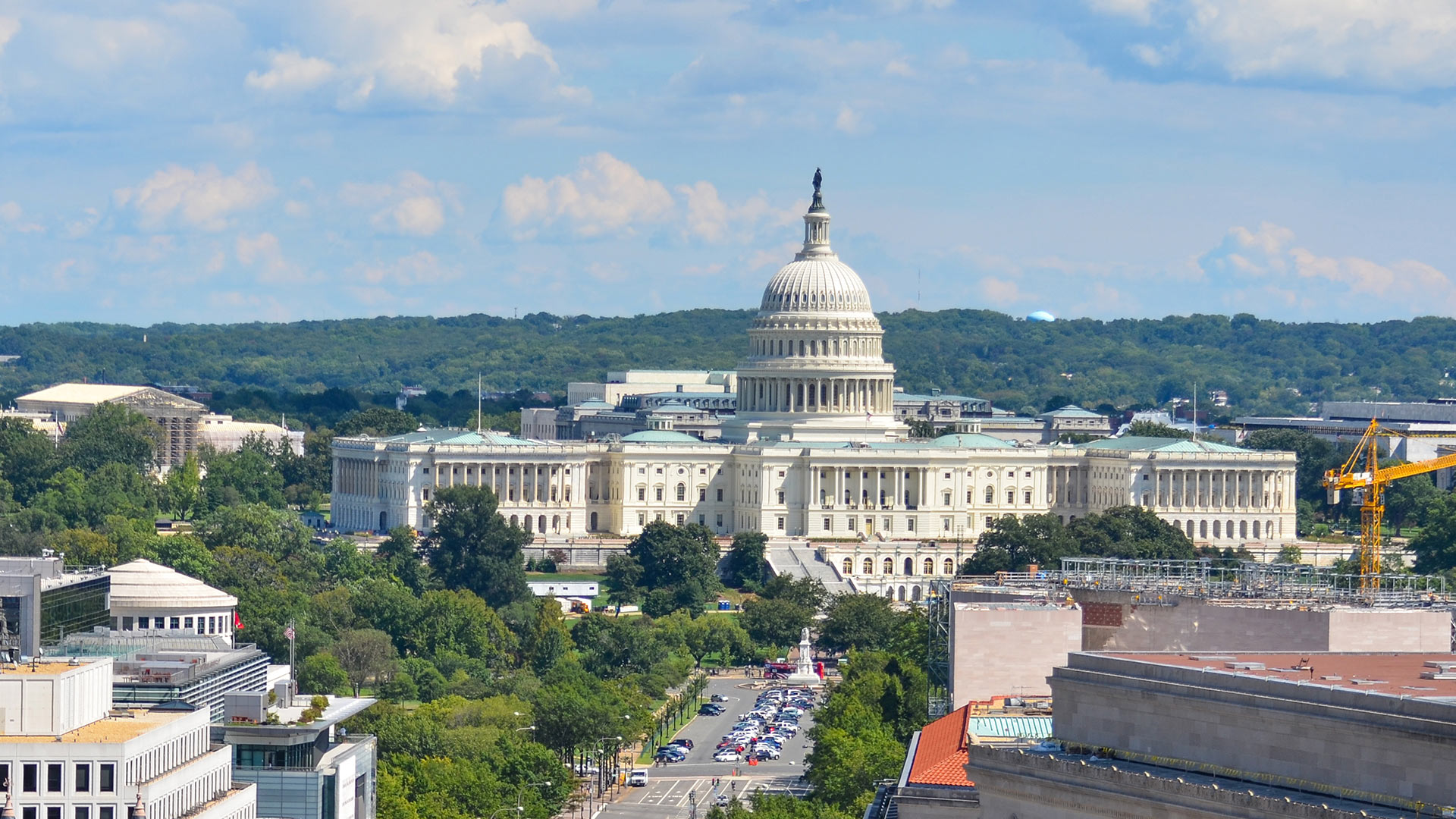Publication
2025 in review: A few M&A things you might have missed
Before you get lost in the festive-season cheer, we’ve captured some of the key trends from an Australian M&A and capital markets perspective this year.


Author:
United States | Publication | February 2023
As we reported previously, a three-judge panel of the US Court of Appeals for the Fifth Circuit ruled on October 19, 2022 that the current funding mechanism for the Consumer Financial Protection Bureau (CFPB) is unconstitutional. Specifically, in Community Financial Services Association of America v. Consumer Financial Protection Bureau, the court held that the CFPB's independent funding through the Federal Reserve System violates the Appropriations Clause of the Constitution and the underlying separation of powers principles. On this basis, the court also invalidated the remaining portions of the CFPB's restrictions on lenders offering payday, auto title and other short-term, high-interest installment loans (the Rule).
In the wake of this decision, the CFPB decided to skip review by the full panel of the Fifth Circuit and filed a petition for certiorari with the US Supreme Court (the Court) on November 14, 2022, asking it to set the case for argument this term, given the significant legal and practical consequences of the outcome for the entire financial services industry. The plaintiffs in this case also filed a cross-petition for certiorari on January 13, 2023.
On February 27, 2023, the Court announced that it would grant the CFPB's petition for certiorari, taking up a case that could have significant implications for the CFPB and the financial services industry at large. The Court declined to expedite the case and hear it this term as requested by the CFPB and instead will hear the case next term. As is customary, the order list neither specifies which justices voted to grant the petition, nor provides an explanation of their rationale for doing so. The Court denied the cross-petition for certiorari filed by the plaintiffs which asked the Court to review the alternative grounds for vacating the Rule that the Fifth Circuit rejected. The Court also declined to add the alternative grounds to the CFPB's petition as antecedent questions (the plaintiffs had asked the Court to consider the alternative grounds as antecedent questions as an alternative to granting its cross-petition). Accordingly, the Court appears well positioned to decide the Appropriations Clause issue by denying the plaintiff's cross-petition and also rejecting the plaintiff's request to consider the alternative grounds as antecedent questions to the CFPB's petition.
The sole question presented by the CFPB's petition is:
Whether the court of appeals erred in holding that the statute providing funding to the Consumer Financial Protection Bureau (CFPB), 12 U.S.C. 5497, violates the Appropriations Clause, U.S. Const. Art. I, § 9, Cl. 7, and in vacating a regulation promulgated at a time when the CFPB was receiving such funding.
We note that the CFPB has been controversial from its inception and that as a result, following enactment of Dodd-Frank, the constitutionality of the CFPB has been heavily litigated. This announcement creates the second opportunity for the Court to rule on the constitutionality of the CFPB's structure. The Court's decision not to hear the case this term means the Fifth Circuit decision will continue to loom over all CFPB actions and could slow the pace of enforcement activity – both within the Fifth Circuit and beyond (particularly in pending cases where defendants can be expected to assert the Appropriations Clause issue as a defense). Since the Fifth Circuit's decision was issued, several CFPB court cases have been put on hold, and in other cases, the CFPB has faced an influx of attempts by litigants to invoke the ruling as grounds for judgments in their favor. Until this process is resolved, however, the CFPB should be expected to operate on a business-as-usual basis, meaning that Director Rohit Chopra should not be expected to rein in his robust enforcement, regulations and supervision policies.
Publication
Before you get lost in the festive-season cheer, we’ve captured some of the key trends from an Australian M&A and capital markets perspective this year.
Publication
21 airlines (the Airlines) have committed to change their practices on environmental claims and statements that were considered misleading by the Consumer Protection Cooperation (CPC).
Publication
For the sustainable aviation fuel (SAF) industry, the key initiative to emerge from COP30 was the “Belém 4x Pledge”, spearheaded by Italy, Japan, India and Brazil and supported by 23 other countries, to quadruple sustainable fuel production and use by 2035. The pledge focused on the need to take comprehensive domestic action to support sustainable fuel development and strengthen international collaboration, whilst ensuring that efforts to scale-up production are conducted in an environmentally and socially responsible manner.
Subscribe and stay up to date with the latest legal news, information and events . . .
© Norton Rose Fulbright LLP 2025